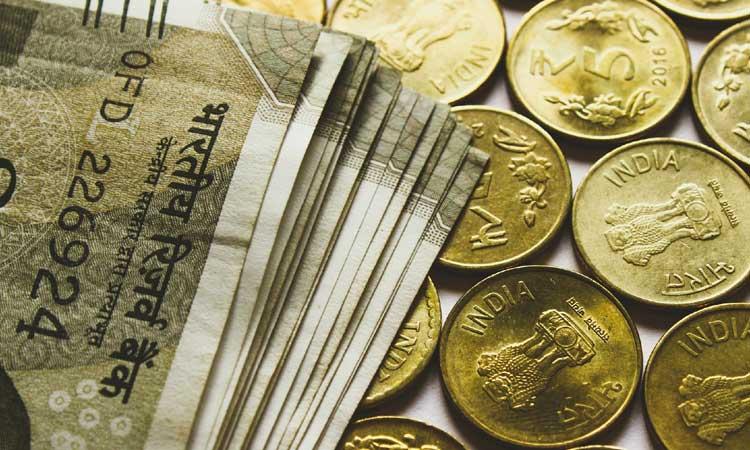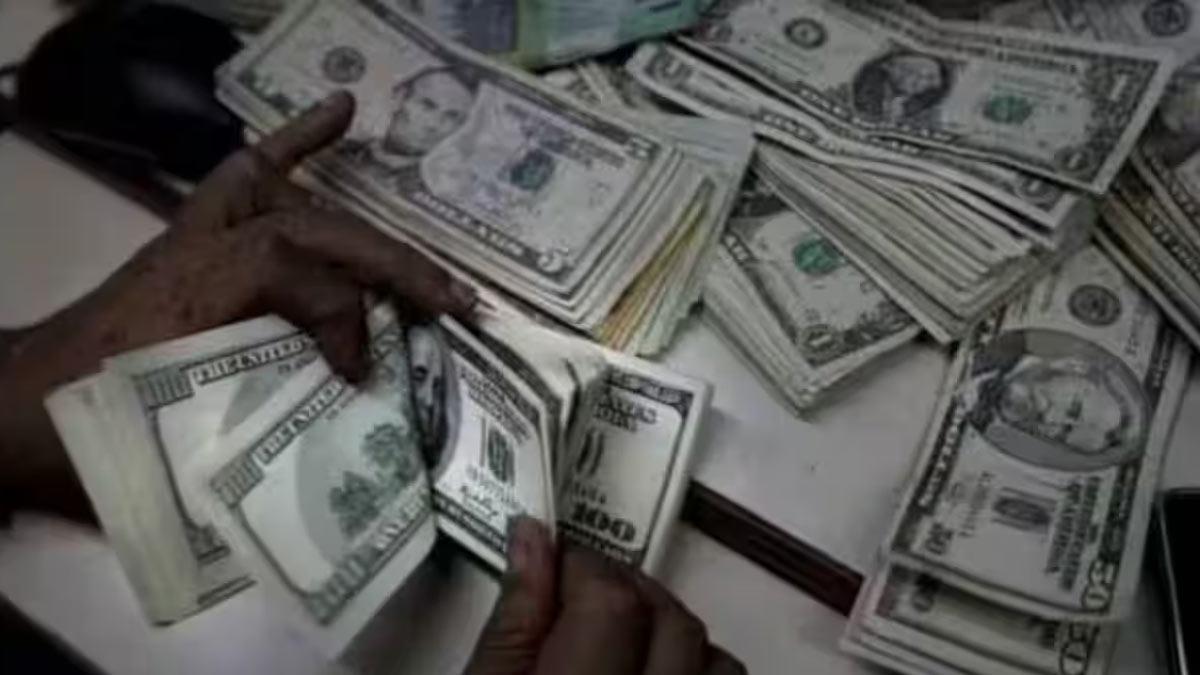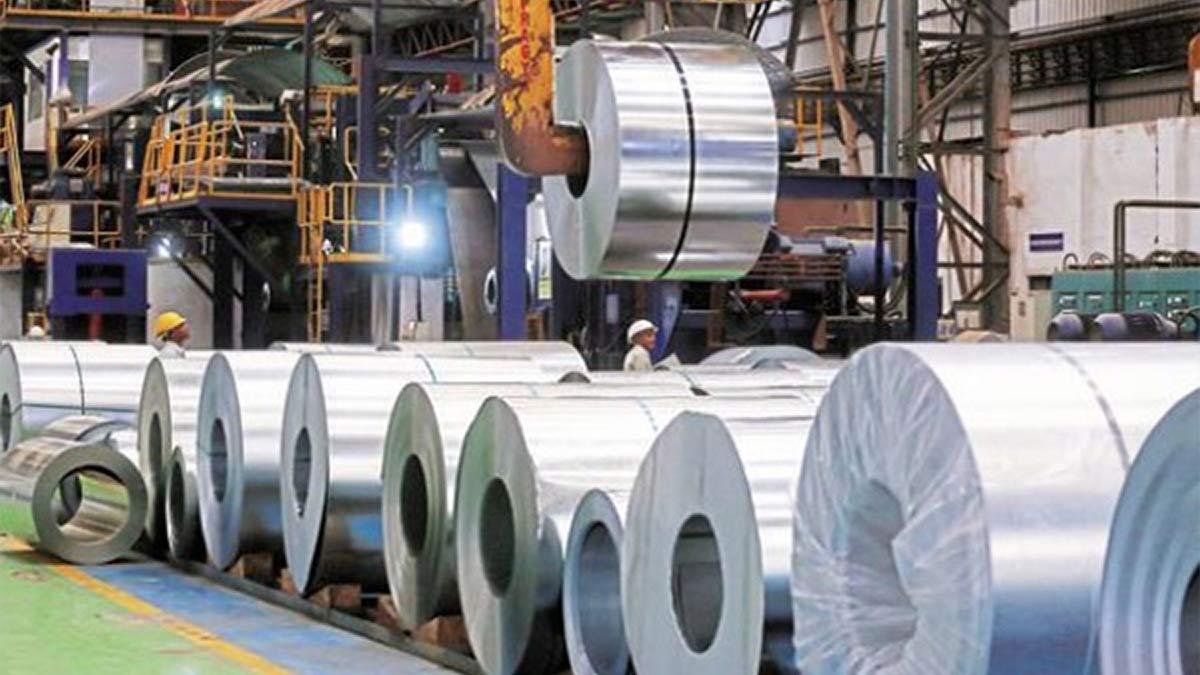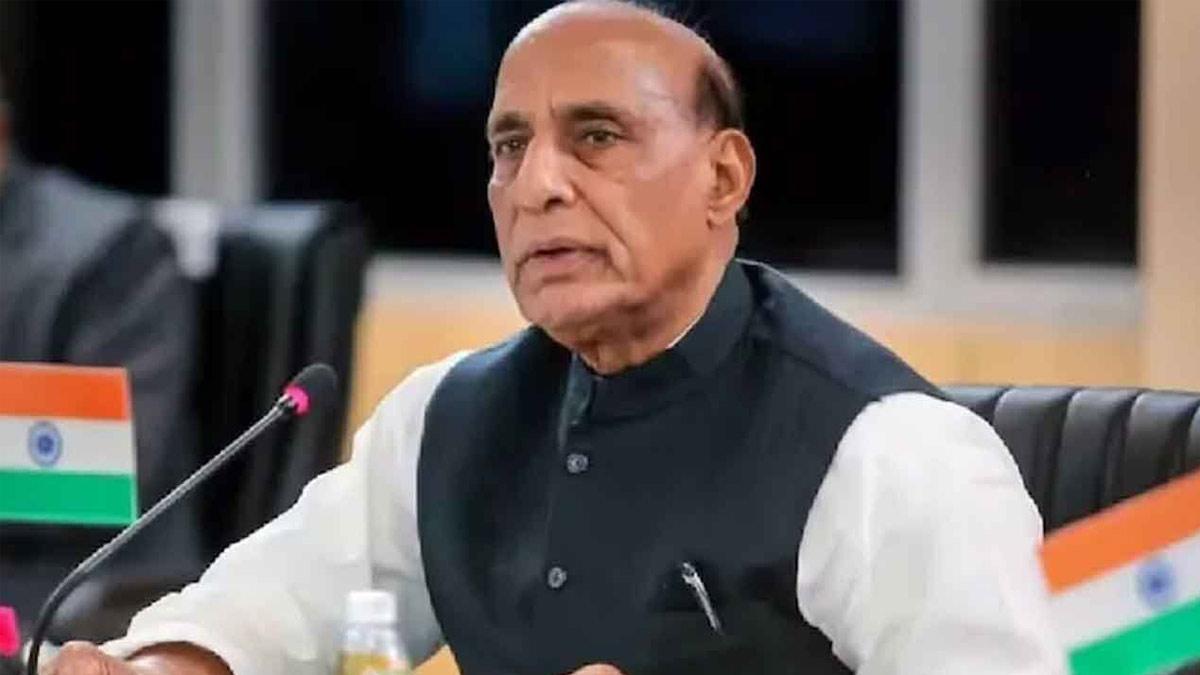Everything in this world has a price, whether it is any sort of good or service and that price is paid in the form of money. Every country has its own domestic currency and likewise, India has the Indian Rupee. All currencies in the world from the Indian Rupee to the US Dollar have a price which is known as a foreign exchange which is one country’s domestic currency stated in terms of another country’s currency, which is usually the US Dollar.
The exchange rate of currencies is constantly fluctuating because most countries have flexible exchange systems where the exchange rate is determined by different factors. A question that most people have in their minds is why the value of the Indian rupee or any other currency fluctuates? Well, let’s find out by having a look at some important factors that cause the value of any country’s currency to fluctuate:
Rate Of Inflation
The rate of inflation has an impact on every currency, be it the rupee or dollar. Generally, if the rate of inflation in a country is low, the value of the domestic currency will be high. Because of the low inflation rate, the purchasing power of the country increases in relation to other countries which increases the foreign exchange rate.
When a country has a low inflation rate, the prices of services and goods in that country are lower as compared to other countries where the rate of inflation is high and the people of that country are able to buy more products and services in less money as compared to people of a country where the rate of inflation is high. For instance, in India, the price for a Lottery Sambad ticket is low because of the low rate of inflation in the country. This shows that the rate of inflation has an impact on the value of any currency, including the Indian Rupee.
Differences In Interest Rates
Differences in interest rates also have an impact on the value of currencies. Interest rates are one of the ways by which central banks of countries influence foreign exchange rates. If you take a closer look then the three very important factors that impact the value of the currency; the interest rates, foreign exchange rates, and inflation rates are correlated.
When a country has high-interest rates then that country is able to attract more foreign capital because people who lend the money get higher returns compared to countries where the interest rates are low. This increases the foreign exchange rate and ultimately the interest rate. Although high-interest rates are not good for borrowers, lenders find them very useful.
Public Debt
The government always doesn’t have the necessary finances and funds that are required to cover various projects and when this happens then the government usually tries to generate funds by borrowing money from the public. The government borrows money from the public in various ways such as printing new money or selling redeemable cash bonds. This is called public debt and it is a very important source of funding for many governments as it helps them to finance different developmental and economic projects for the development of the country such as Kerala State Lottery.
However, when a country has a high public debt then it can scare the foreign investors away and have a negative impact on the foreign exchange rates. The investors worry that the government of that country may not be able to fulfill its obligation and don’t want to take the risk. A country with a high public debt usually has high inflation rates which result in the devaluation of the currency.
Current Account Deficit
The current account deficit also causes fluctuation in the currency’s value. When a country spends more on importing goods and services than exporting its goods and services then a deficit is created in the current account of the trade, which is generally called the Current Account Deficit. If a country has a current account deficit then it will need to borrow foreign capital in order to fulfill and fund the deficit in its foreign payments.
A country with a current account deficit has more imports than exports, this increases the demand for foreign currency to complete the payments which ultimately lowers the value of domestic currency and results in lower foreign exchange rates.
Political And Economic Stability
Political and economic stability is as important as other factors that impact the value of a currency. If a country is politically stable then it will attract a lot of foreign investors which means that the economic conditions are stable and the domestic currency will have high value whereas, if a country is politically unstable and faces a lot of conflicts then such a country would not be able to attract foreign investors and it will result in economic instability in the country and ultimately, the devaluation of the domestic currency.
Just as other factors are important, political and economic stability is very important and it can have a positive impact, especially in the long run.
These were some of the factors that cause fluctuations in the value of any currency including the Indian rupee. If a country wants to improve the value of its domestic currency then it must work on all these factors and improve them.


















